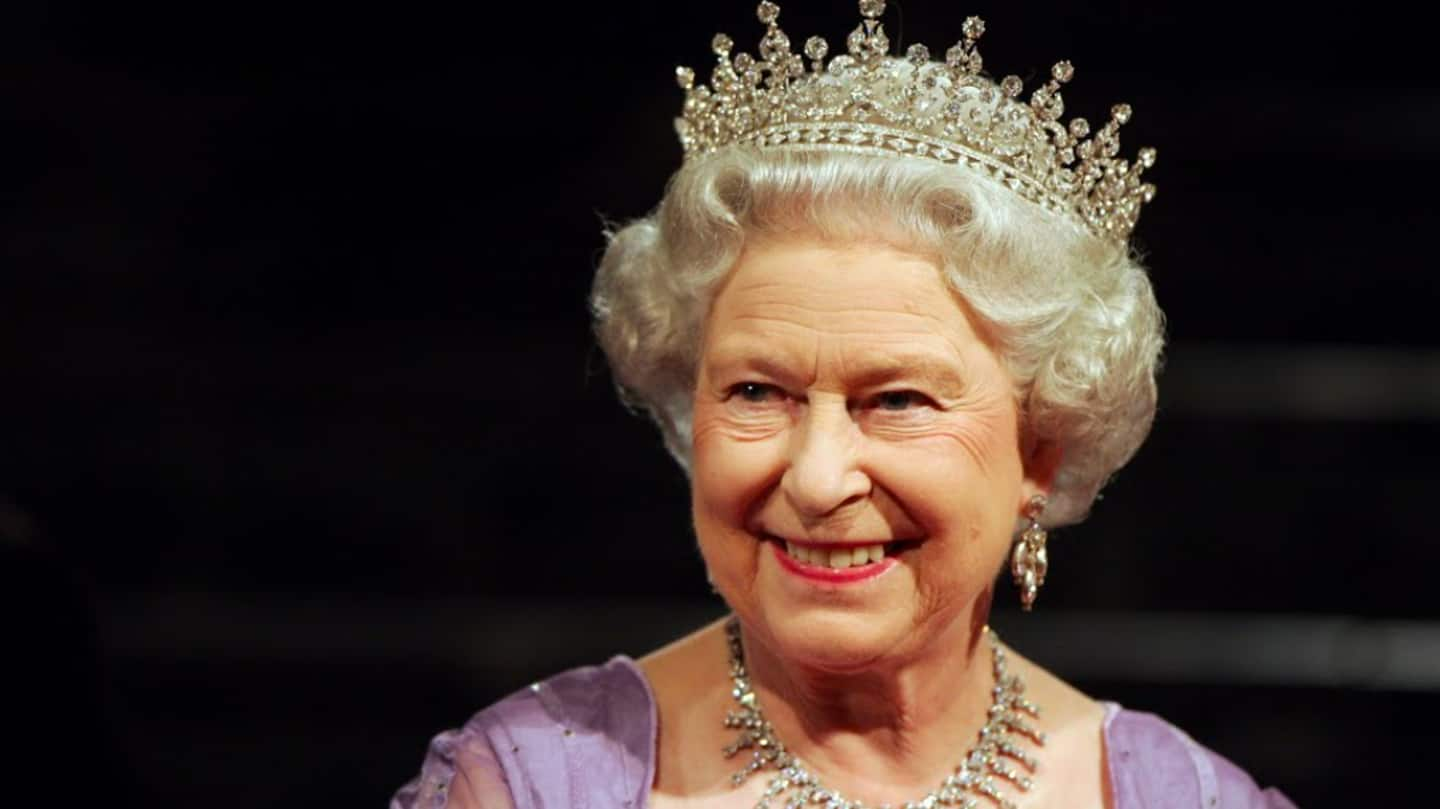
Queen Elizabeth lobbied to change law to hide 'embarrassing' wealth
What's the story
The Queen of the United Kingdom, Elizabeth II, reportedly lobbied the government to change a draft law to hide her wealth. In the 1970s, the Queen helped change a law granting the government the power to exempt companies used by "heads of state" from new transparency measures, The Guardian reported. She reportedly used the parliamentary procedure of the Queen's consent to secretly influence laws.
Queen’s consent
What is Queen's consent?
Queen's consent is unlike the royal assent—a formality that marks the moment when a bill becomes law. Under this procedure, the Queen's consent must be sought before legislation can be approved by Parliament, allowing the Queen to secretly lobby for legislative changes. The process requires Ministers to alert the Queen when legislation might affect the royal prerogative or the private interests of the crown.
Documents
Queen dispatched private lawyer to pressurize government
The Guardian revealed through a series of government memos in the National Archives that in November 1973, the Queen feared the proposed companies bill by the then Edward Heath government would enable the public to scrutinize her finances. A series of exchanges at the trade department revealed how the Queen dispatched her private lawyer to press the government to change the proposed law.
Issue
What was the issue with the companies bill?
The proposed bill had sought to prevent investors from secretly building up significant stakes in listed companies through front companies or nominees. It included a clause granting directors the right to demand from nominees owning their company's shares the identities of their clients. A civil servant called CM Drukker noted in correspondence that disclosure of the Queen's wealth "would be embarrassing."
Information
Queen's estimated wealth in hundreds of millions of pounds
Drukker was reportedly relaying the Queen's objection to the law through the lawyer Matthew Farrer, then a partner at Farrer & Co. Although the Queen's true wealth has never been disclosed, it is estimated to be in hundreds of millions of pounds.
Change
Heath government came up with arrangement to hide Queen's wealth
The Queen's private lawyer reportedly pressurized Ministers to change the proposed law in a bid to prevent her shareholdings from being released publicly. An arrangement was devised wherein a state-backed shell corporation would be created to keep the Queen's private shareholdings and investments a secret until at least 2011, when the government disclosed that it no longer covered the Bank of England Nominees Limited.
Information
What is the Bank of England Nominees?
The company was operated by senior individuals at the Bank of England. It has previously been identified as a possible instrument through which the Queen held shares. It shut down four years ago. What happened to shares it held on behalf of others remains unclear.
Secrecy clause
Companies bill with secrecy clause passed under Wilson government
The companies bill came into law in 1976 along with a secrecy clause under the Harold Wilson government. The law, which retained much of the bill devised by the former Heath government, granted the government the power to exempt certain companies from the requirement to declare the identities of their shareholders. This exemption was almost immediately granted to Bank of England Nominees Limited.
Expert
'Kind of influence lobbyists would only dream of'
The released documents were reviewed by Thomas Adams, a specialist in constitutional law at Oxford University, according to The Guardian. Adams said they revealed "the kind of influence over legislation that lobbyists would only dream of." The mere existence of the consent procedure appeared to have given the monarch "substantial influence" over draft laws that could affect her, he added.
Statement
Statement from spokesperson for the Queen:
A spokesperson for the Queen said, "Whether Queen's consent is required is decided by Parliament, independently from the royal household, in matters that would affect crown interests, including personal property and personal interests of the monarch." "If consent is required, draft legislation is, by convention, put to the sovereign to grant solely on the advice of ministers and as a matter of public record."